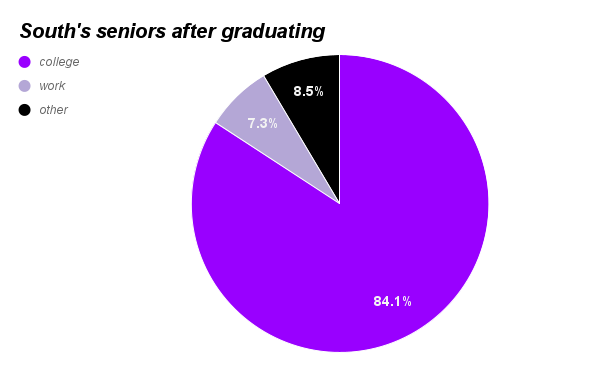Ruth Bader Ginsburg, Associate Justice of the United States Supreme Court, passed away on Friday, September 18, due to complications of metastatic pancreatic cancer. She was 87. She was a graduate of Cornell and Columbia Law School, and was well known for her powerful dissents from the bench. A trailblazer for women in the law, her career marked several important milestones for women’s rights and gender equality. Unfortunately, before her body was cold, the political landscape in Washington DC and around the country went even more sour than it had been just an hour before her passing. Her seat on the court is highly coveted by both sides of the aisle, and a great national debate over a new Justice’s appointment is already underway. While congress is constantly in a stalemate, the Supreme Court often decides incredibly important issues, such as Obamacare and gay marriage, if a President Trump is able to get a nominee confirmed, it will impact the country for generations to come.
To understand why the argument is so tumultuous, one must look at what happened during President Obama’s administration. As President, he appointed Sonia Sotomayor and Elena Kagan to the high court. Both replaced retiring justices, and both confirmations happened within the first seven years of his presidency. The Appointments Clause of the Constitution permits Presidents to, with the advice and consent of the Senate, appoint public officials. It does not say that their power to make appointments ends in their second to last year in office, however, there is longstanding precedent for Presidents to forego making judicial appointments during their final year. So, when President Obama nominated Merrick Garland to replace Justice Antonin Scalia, Senate Republicans denied hearings on the appointment.
That leaves the Republicans with a difficult precedent to follow, because now, during the final year of President Trump’s term, they must decide if they will follow their own rules. Senate Majority Leader Mitch McConnell has said that they would fill the seat, but other Republican senators have not been as keen to follow suit. Lisa Murkowski and Susan Collins, in particular, have been quite outspoken against the Senate consenting to any nomination that President Trump might put forward.
Of course, there are two sides to every story. In the eyes of the Democrats, Republicans should hold themselves to their own standards. There is no doubt that it would be incredibly hypocritical of the GOP senators to confirm a new justice, but they are not without their reasons. Senator Lindsay Graham, Chairman of the Judiciary Committee, said during the Merrick Garland debate that should the next Republican President have the opportunity to replace a Justice during their final year, he would not put them through the process. It should also be noted that Senator Graham voted for Justices Sotomayor and Kagan, so he garners some credibility in the area of judicial appointments. However, now that the time is actually here, Graham has said that he will “proceed expeditiously.” His reasons included the poor treatment of Justice Brett Kavanaugh, but more importantly, his view that if the roles were reversed, the Democrats would not hesitate to put forward a nomination. Based on the current political climate and demonstrable vitriol from both sides, it’s easy to speculate that he’s probably right.
The fact is that when something remotely politically advantageous happens to one party, the other side cries out in anger. Washington has been in a state of disarray for the past 50 years, and it’s not likely to change in the next 50. Republicans will most likely win this fight, but just wait. Democrats will take power, and it might be soon, and you can bet that when they do, the gloves will be off. In addition to that, it’s almost a guarantee that when it happens, the Republicans will be where the Democrats currently are, screaming hypocrisy.
Who is right? That’s the real question at play. The answer: neither of them. Both sides of the aisle house a bunch of hypocritical, angry people that generally only care about their own incumbency. Washington is broken, and the only way to fix it is to vote out the corruption. That might seem like a centrally Democrat-held position, but it’s not. Republicans are just as mad at Democrats as Democrats are at Republicans.
Ruth Bader Ginsburg regularly transcended the politics of the day. There’s no doubt that she was a staunch liberal, but she was known for being incredibly warm and welcoming to those with whom she disagreed. Her friendship with conservative Justice Antonin Scalia was well-known, and it showed everybody that there are far more important things than politics and power. She will be remembered as a strong, intensely intelligent, loving person. Her courage and sacrifices for what she knew to be right will allow generations to succeed long after her passing. After all, she was known as the Notorious RBG.











